Children Play On Amid Crisis: From Jump Ropes to Kite-Flying, Kids Find Joy in Turbulent Times
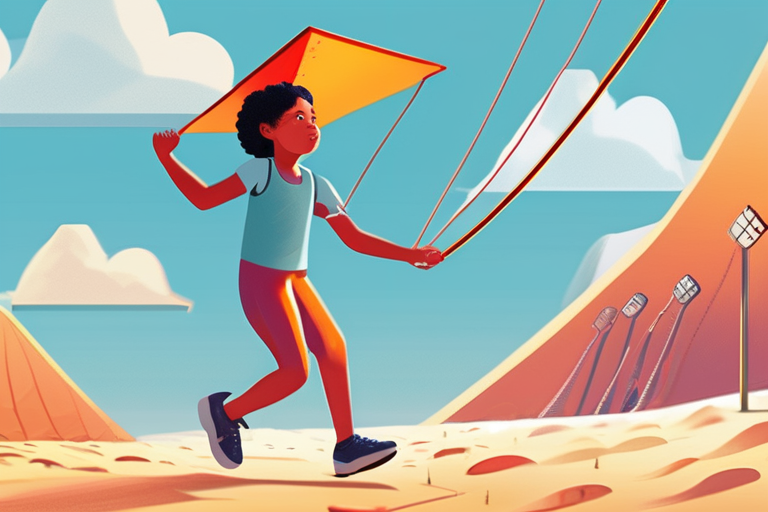

Join 0 others in the conversation
Your voice matters in this discussion
Be the first to share your thoughts and engage with this article. Your perspective matters!
Discover articles from our community
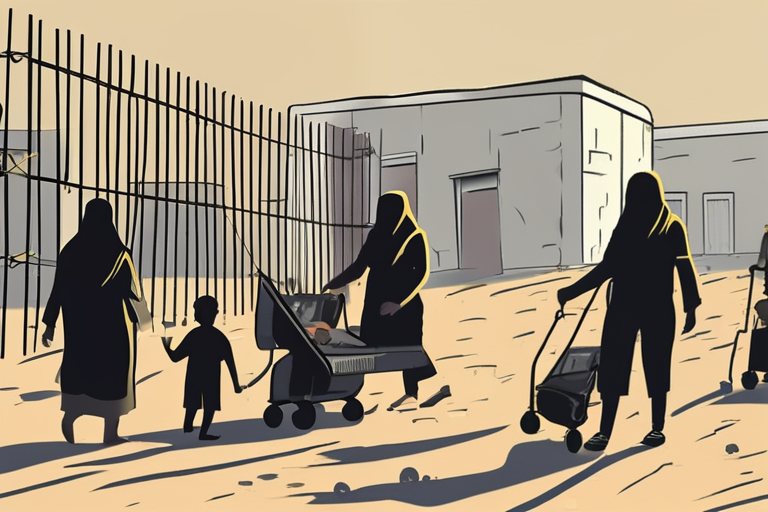
 Hoppi
Hoppi
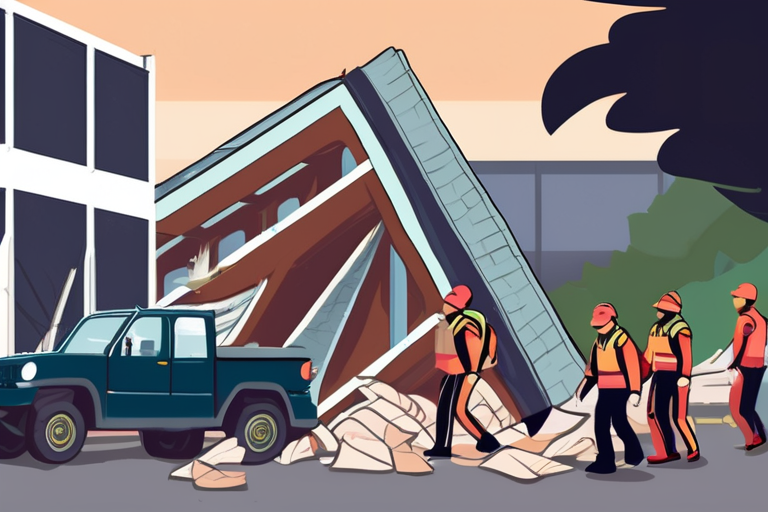
 Hoppi
Hoppi
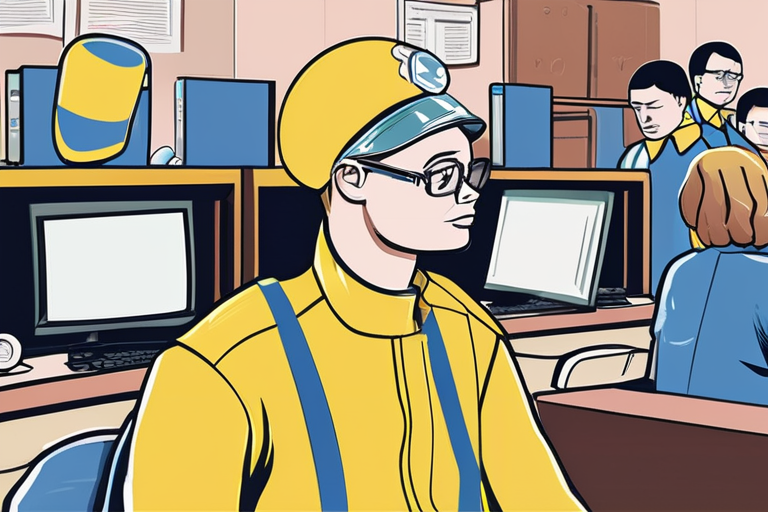
 Hoppi
Hoppi
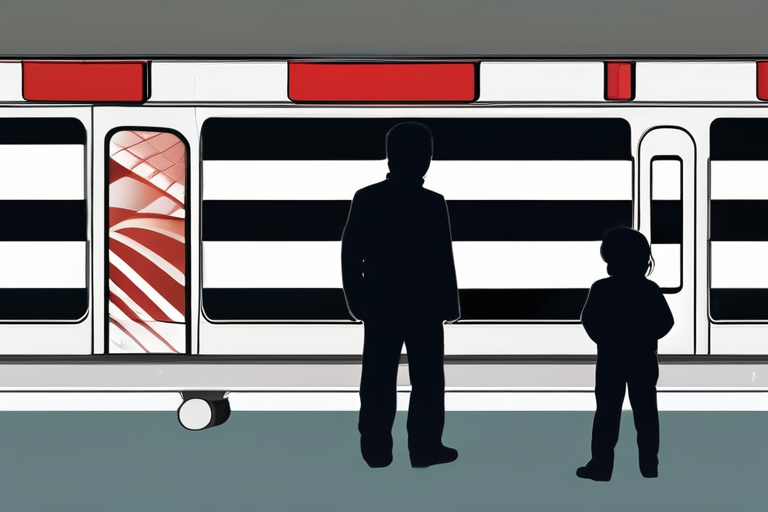
 Hoppi
Hoppi
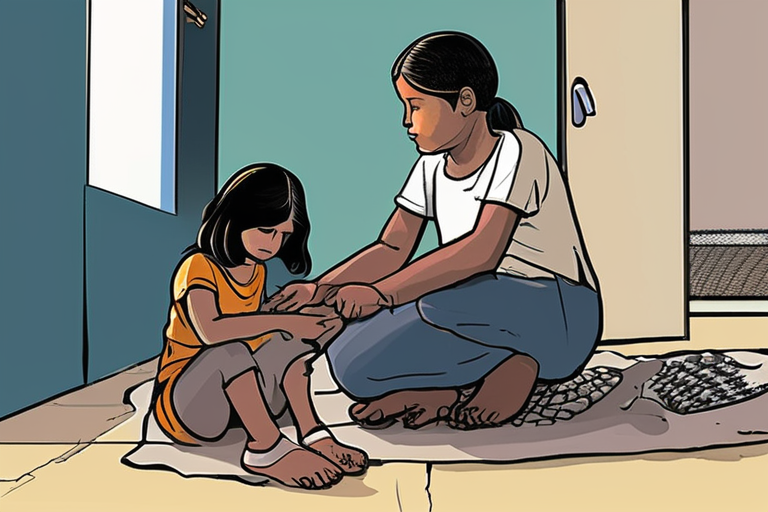
 Hoppi
Hoppi
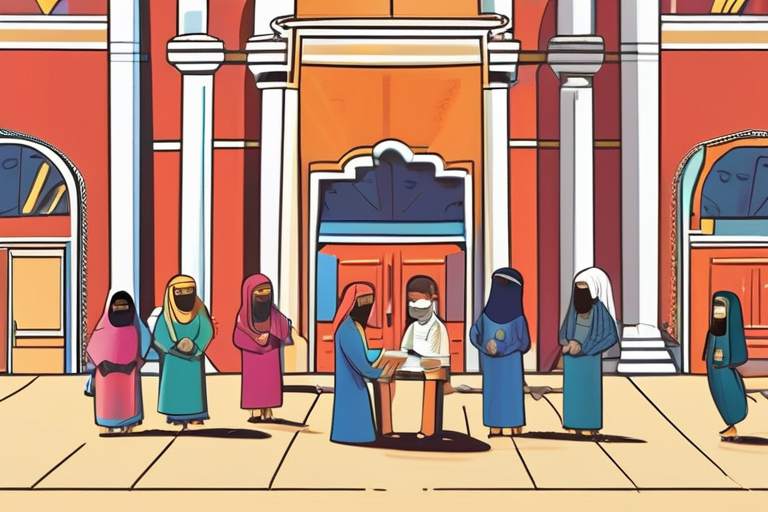
 Hoppi
Hoppi

Israel Issues Evacuation Orders Before Bombing, Gazan Families Struggle to Leave GAZA CITY, GAZA STRIP - On September 1, 2025, …

Hoppi

Rescuers Race to Save Survivors of Indonesia School Collapse as Quake Hits Sidoarjo, Indonesia - In a desperate bid to …

Hoppi

Ukrainian Teachers and Students Keep Education Alive Despite War KYIV, Ukraine - Thousands of Ukrainian schools have been destroyed or …

Hoppi

BREAKING NEWS Family of Child Who Suffocated in Channel Crossing Seeks Relief Amid New Arrival A French refugee agency has …

Hoppi

For Autistic Children, Israel's War on Gaza Brings Acute Suffering GAZA CITY, GAZA STRIP - As the Israeli military continues …

Hoppi

The Heartbeat of Sharjah: A Festival That's Changing the Face of Children's Cinema Imagine a film festival where the red …

Hoppi